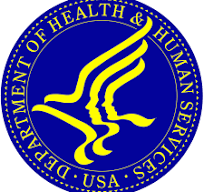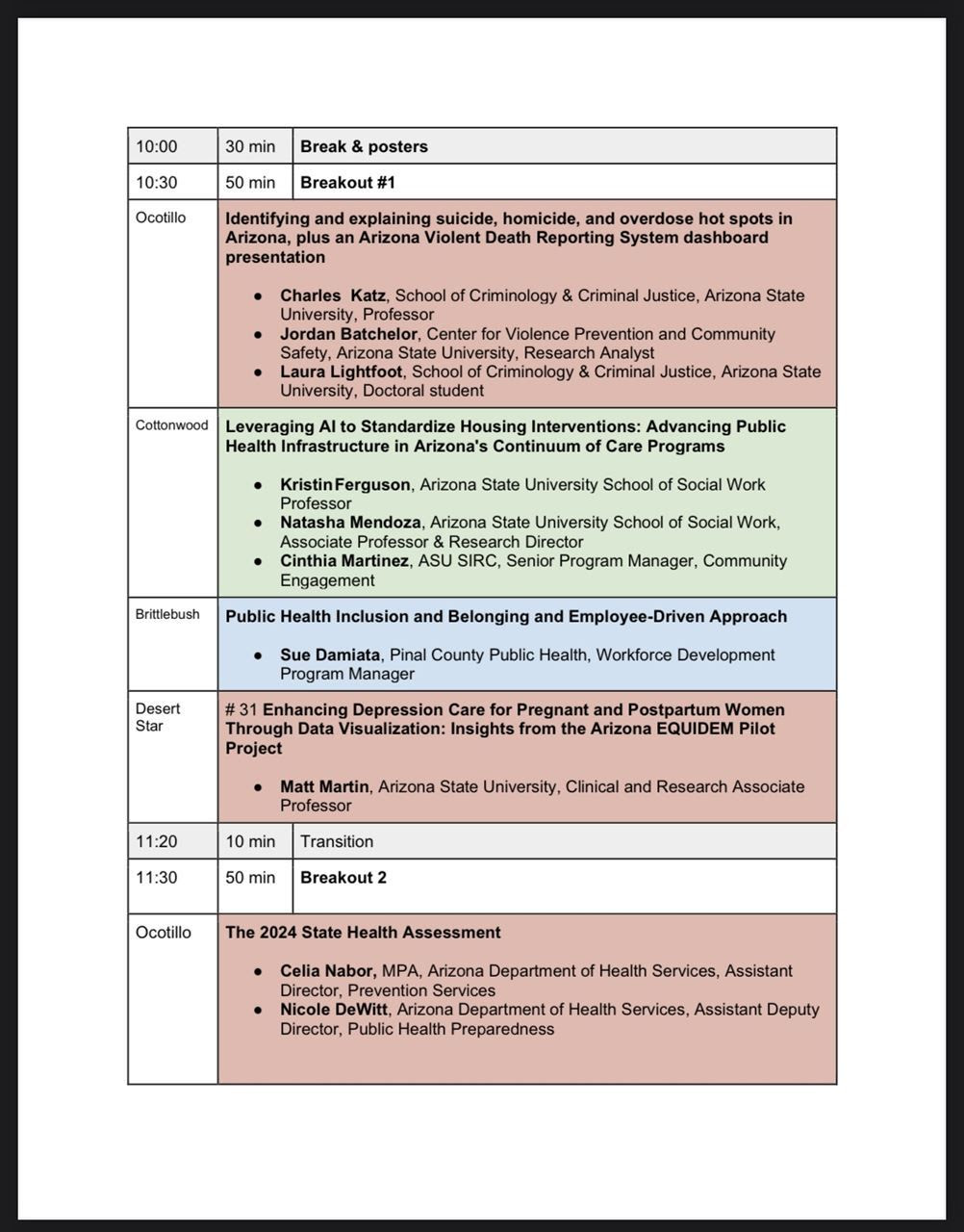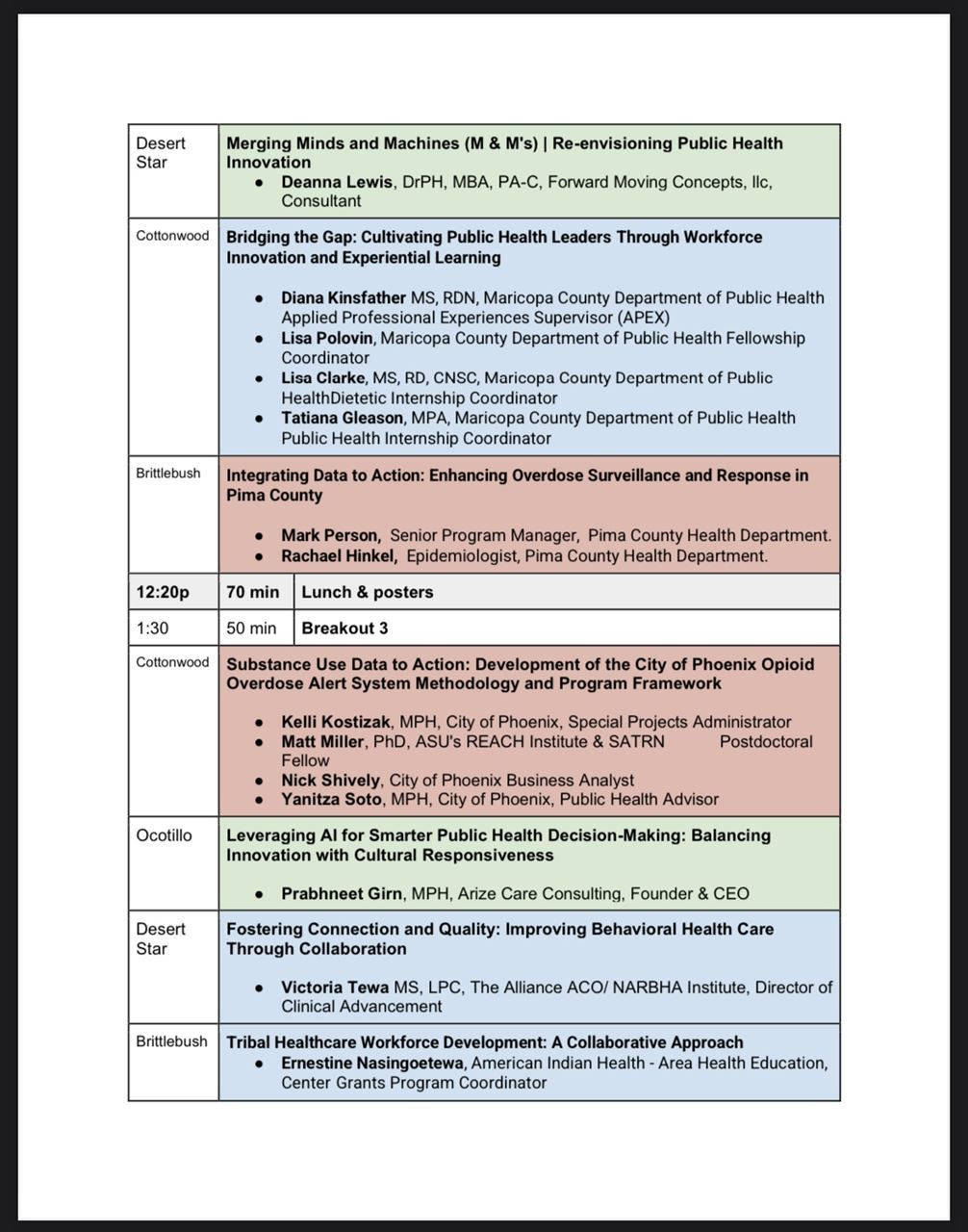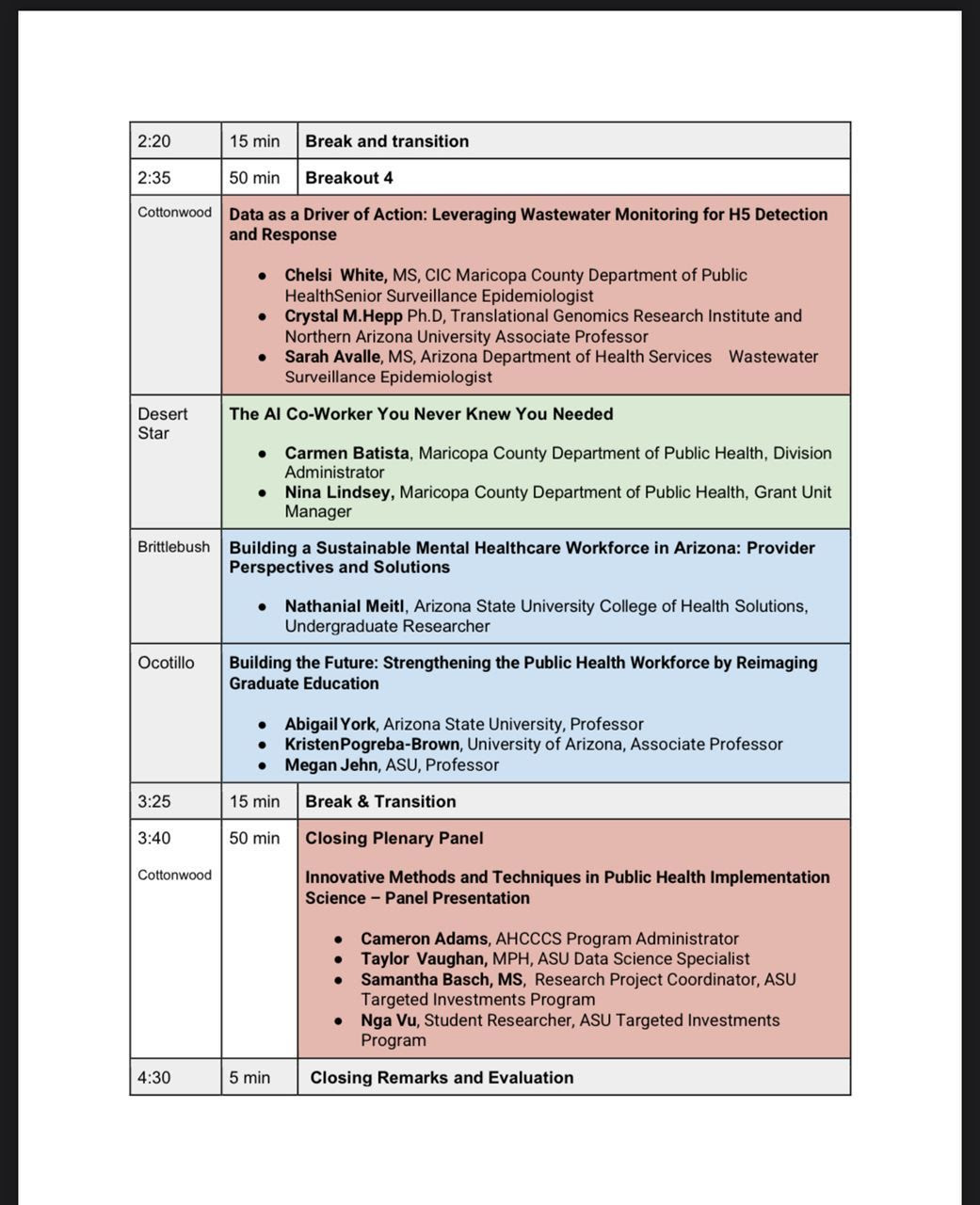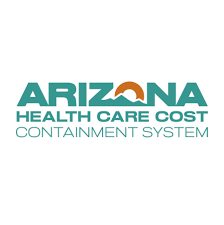Measles outbreaks are like wildfires: both get out of control fast if they’re not immediately detected and managed. The surge of measles cases across nine counties in Texas (originating from a single first case in a community with low vaccination rates) highlights the critical need for immediate detection of early case(s) and immediate and effective interventions.
Public health has several tools that can help stop a measles outbreak once – but only if they all work in tandem and happen fast. The core control measures are:
- Robust Surveillance and Early Detection: The first case of measles needs to be found right away. Having relationships with front line clinicians and laboratories are key to finding that critical first case. Healthcare providers need to recognize early symptoms and quickly report suspected cases to the county health department.
- Immediate Contact Tracing: Once a case is confirmed, county epidemiologists need to quickly do contact tracing to find everyone who may have been exposed – with a focus on unvaccinated contacts – especially in school settings. Having immediate access to the vaccination status of the kids in a school or preschool is key to knowing which contacts are unvaccinated.
- Exclusion of Unvaccinated Contacts: County health officers need to exclude unvaccinated student contacts from in-person schooling for two incubation periods (approximately 42 days) to curb potential spread within schools and day cares. County staff also need to ensure good isolation of exposed unvaccinated contacts from unvaccinated people (including family members). As kids under 1 year old are all unvaccinated – health officials need ensure infants don’t have contact with unvaccinated contacts.
- Accelerated Vaccination Campaigns: Counties also need to deploy immunization teams to administer the MMR vaccine to unvaccinated contacts (and hopefully newly motivated unvaccinated community members).
AzDHS Measles Control Measures
What Happens if Measles Gets into Arizona Schools or Childcare?
Many areas of Arizona are at risk of a measles epidemic running out of control because of our poor vaccination rates.
New CDC Report: Arizona Has Among the Lowest Childhood Immunization Rates in the U.S.
During the 2023-24 school year, only two counties—Santa Cruz and Yuma— had the 95% herd immunity threshold necessary to prevent measles outbreaks. The increasing number of personal belief exemptions (and the paucity of places where families can get their kids vaccinated) have significantly reduced vaccination rates, leaving communities vulnerable to outbreaks like the one in Texas.
Here’s why Arizona is at high risk for a measles outbreak
County health departments need to treat measles outbreaks with the urgency of a wildfire. Immediate detection, fast & thorough contact tracing, strategic exclusion policies, and proactive vaccination efforts are key to preventing small sparks from igniting into an uncontrollable epidemic.
Of course- public health is really all about prevention – and the most effective intervention is to have and keep high childhood immunization rates – something that will be more and more difficult in the coming years given the new leadership at HHS.
RFK Jr. as HHS Secretary? Why It Could Mean the End of Evidence-Based Public Health Policy

